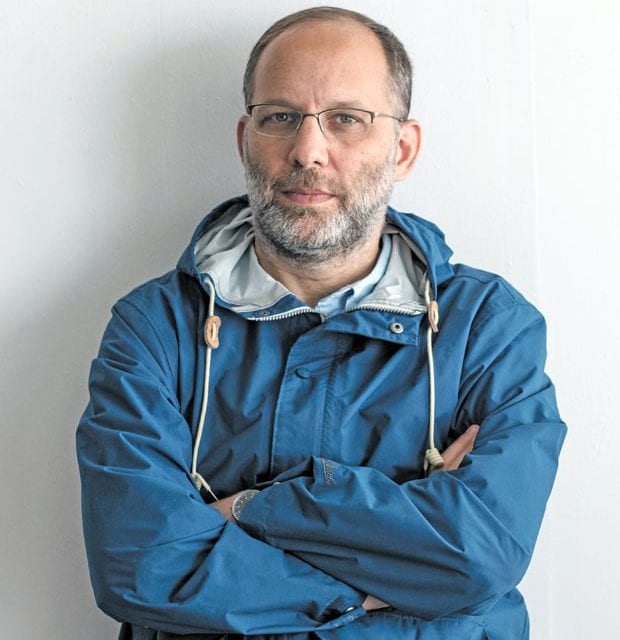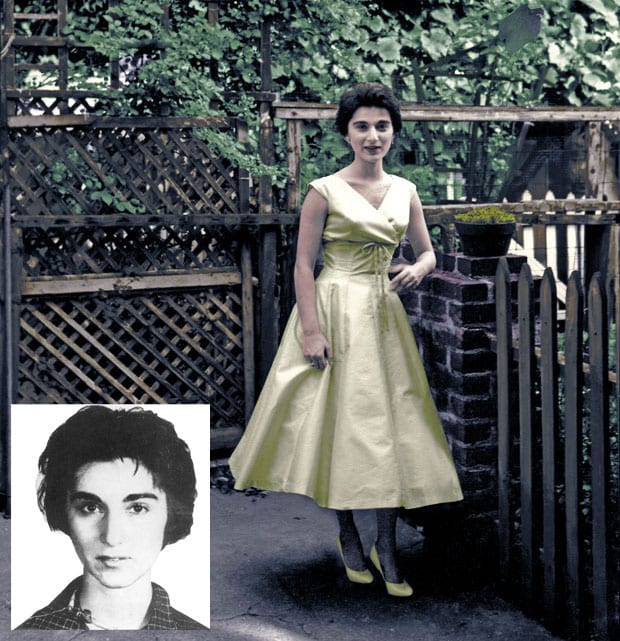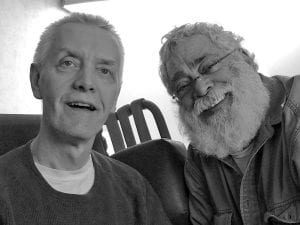Out directors are gaining more mainstream acceptance, with queer films and filmmakers front-and-center at 2 Dallas film fests this week
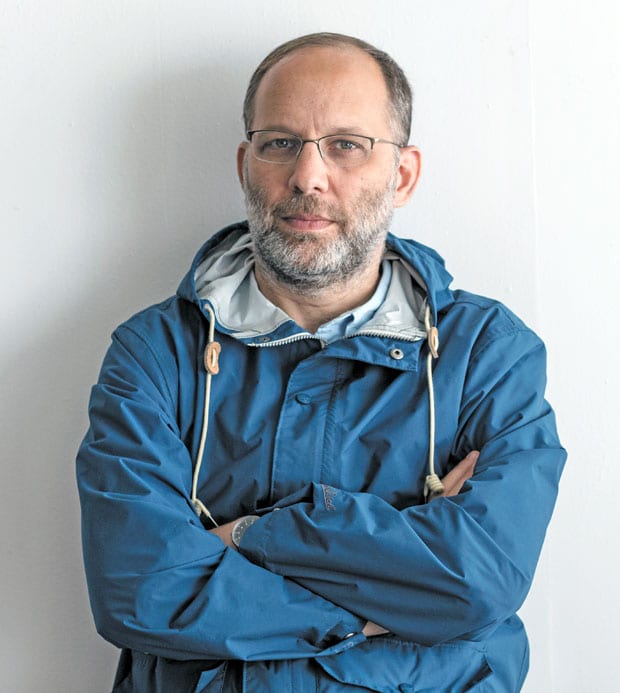
GAY SACHS | Filmmaker Ira Sachs’ latest movie, ‘Little Men,’ screens this week at the USA Film Festival — one of three movies by out filmmakers that will screen on the opening night of the 46th festival.
ARNOLD WAYNE JONES | Executive Editor
jones@dallasvoice.com
There was a time when you went to theater for “the gay stuff” and the movies for everything else. Sure, there have always been indie films, but even the festival circuit was unofficially divided into “mainstream” and “LGBT.”
Well, not anymore. When I contacted James Faust, who runs the Dallas International Film Festival, a month ago to ask if there would be any gay-interest movies in the line-up this year, his response was: “Only half the festival.” While that’s a bit of an exaggeration, it’s true that there is a surfeit of gay-themed movies and queer filmmakers represented at the 10th DIFF this year, which is currently underway and continues through April 24. (See sidebar)
Just as impressively is this year’s 46th annual USA Film Festival, which screens fewer films but is just as devoted to queer voices as larger cinema-gatherings. In fact, for the first time ever, all the films screening during the opening night of the festival are by out directors, including original House of Cards creator Terrence Davies (Sunset Song), Steven Pomerantz (the locally-produced documentary Taking Back Oak Lawn; see interview Page 8) and Ira Sachs, whose Little Men is not, outwardly, a “gay film” at all. Which is how it should be.
“[Little Men] is a film about the friendship between two boys, and while it’s not a sexual relationship, it is a very romantic friendship — which many gay people can relate to … as do straight people,” says Sachs. On the other hand, “there’s a very gay filmmaker who made it! I do believe there is a kind of sensibility we have as individuals that you can’t deny in the body of work. I adhere to the auteur theory that the filmmaker becomes [part of the storytelling].”
It’s not surprising, then, that out filmmakers who have become known for adding to the canon of queer cinema are turning their sights on non-gay-specific stories that nevertheless are imbued with their unique perspectives.
“I do think being a queer man is how I experience other people — I experienced some isolation growing up,” Sachs explains.
“I was a gay kid [in Memphis] who was very involved in a children’s theater that really embraced outsiders in terms of race, class, sexuality — the last truly diverse community I was a part of. And [Little Men] is about how art and creativity can become a vessel for kids who want to be different, how that forms the next story in their lives. But they are definitely different.”
This is something of a reverse from the way stories were told in the past. Often, mainstream “gay” movies (The Boys in the Band, Making Love, Brokeback Mountain) could only get off the ground with straight directors (and usually actors); gay Hollywood directors like George Cukor masked their sensibilities as “women’s pictures.” But for Sachs at least, he sought his inspiration from more radical corners.
“I think there are many traditions as filmmakers we are in conversation with. More than the mainstream Hollywood films, for me was [the cinema of gay filmmakers] Fassbender and Pasolini and Visconti,” he says. “Perhaps this history of queer cinema, or you could say the history of rigorous storytelling by gay artists. It all goes back to [19th century novelist] Henry James. No single artist has been more inspiring to me than him, who looked at his time from the standpoint of an outsider in his sexuality.” (That said, his next project is an HBO movie, starring Matt Bomer, about the troubled, closeted Hollywood actor Montgomery Clift.)
At USAFF, gay themes work their way into others film — not necessarily subtly, but directly. One of the movies screening, Alzheimer’s: A Love Story, is a short documentary about a gay couple, one of whom has such severe dementia he cannot recall who his partner is (try to watch it and not cry). But its universality will hit home with audiences of any orientation.
Another documentary — the impressive Witness, about the famed 1964 murder of Kitty Genovese — brings up the victim’s lesbianism, which was well-known among her friends but was white-washed in all news coverage at the time.
It’s not merely on the screen where LGBT audiences can enjoy the fest. Just as notable is that many of the honorees at USAFF are popular figures as allies of the gay community. Sachs cast Alfred Molina, who starred in his gay romance Love is Strange, in a small role here. actor Bruce Davison — who won an Oscar nomination for the AIDS-themed drama Longtime Companion and was a vocal advocate for inclusiveness — will be saluted with a retrospective, and Dallas legend Linda Gray is among the guests and moderators. The festival is also dedicated in part to the late Richard Glatzer (Still Alice), the gay filmmaker (with his husband Wash Westmoreland) who passed away last year from ALS.
Film festivals, in fact, are an integral experience for directors like Sachs.
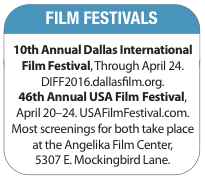 “There is less interest in specific stories about everyday lives [in Hollywood],” he says. “What’s great about festivals is engaging with an audience in a particular community, to hear how people respond [to a film]. Each city is different and each has a different relationship to cinema. It shows that it does still matter where you are.”
“There is less interest in specific stories about everyday lives [in Hollywood],” he says. “What’s great about festivals is engaging with an audience in a particular community, to hear how people respond [to a film]. Each city is different and each has a different relationship to cinema. It shows that it does still matter where you are.”
And the ability to tell entertaining and personal stories that resonate with multiple audiences is still the goal of the artist.
“I make films where there’s a voice as a gay man in it, but we’re all part of the same history,” Sachs says. “To me, it’s all one long story and trying to understand how people get through their days. What are the challenges these folks are facing? Telling the story of two boys in Brooklyn or Montgomery Clift? It’s the same thing.”
Sachs and Molina will be in attendance at the screening of Little Men Thursday, and saluted for their contributions to cinema.
This article appeared in the Dallas Voice print edition April 15, 2016.




